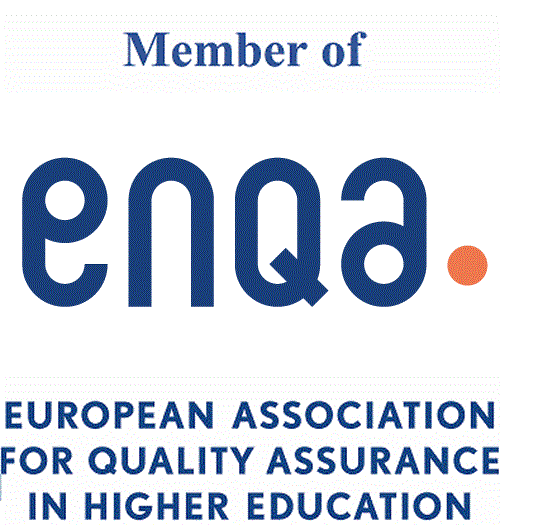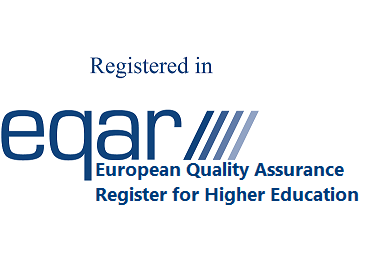Only 37 percent of VET institutions’ alumni are immediately employable upon graduation. Meanwhile, according to the RA Education development plan until 2030, the goal is to reach 90%.
How can the education system contribute to the economic growth of Armenia? What hinders VET institutions’ alumni from immediately entering the labour market and applying their competences and skills to increase our country’s GDP? On the occasion of ANQA’s 15th anniversary these issues were discussed at today’s VET conference "Economic Growth through Skill Development".
"It is essential not just to provide education but also consider the skills we instill in the country…. We need to form professional skills that are immediately applicable in the employer's domain. VET institutions’ criteria for assignments should match the employer's environment and requirements", mentioned ANQA Director Ruben Topchyan, welcoming the conference participants.
Deputy Minister of RA MoESCS Araksia Svajyan noted in her welcome speech that the conference is another crucial factor that will further guide even more targeted changes in the field of VET education. Ms Svajyan highlighted the VET institutions’ accreditation from the perspective of continuous enhancement of educational processes and formation of a skilled workforce. “Accreditation offers the state, the applicants, and the international community the opportunity to demonstrate the education quality provided by the given institution. On the other hand, it is also a mechanism for self-evaluation and identification of issues. This enables the institution to record its current strengths, pinpoint existing issues, and determine necessary steps for their solution". The Deputy Minister also urged cooperation between VET institutions and employers, stating that the adoption of the law on "Vocational Education and Training" would establish more favourable conditions for cooperation. AUA’s Dean of General Education Sharistan Melkonyan also welcomed the conference participants, attaching importance to the role of VET in strengthening the country.
"VET institutions play an indispensable role in preparing citizens and skilled workforce”, mentioned Ms Melkonyan.
“The development of the country and the rise of economic indicators hinge not on the population growth, but on the education and skill levels within the society. An educated person adapts to changes and embraces the latest technologies more rapidly, contributing to the economic development and increase in GDP”, noted Anahit Terteryan, specialist at ANQA’s Institutional and Programme Accreditation Division, in her presentation "Innovation, Entrepreneurship and VET System: How to Take Part in Economic Growth”, sharing the statistical data and challenges of the sector.
Summarizing the conference, ANQA Director Ruben Topchyan attached importance to an atmosphere of mutual trust and the increase in the autonomy of VET institutions within its framework: "The VET institution should have autonomy as it sees both the problem and its solution. Accreditation and quality assurance will ensure the institution’s responsibility and accountability".












